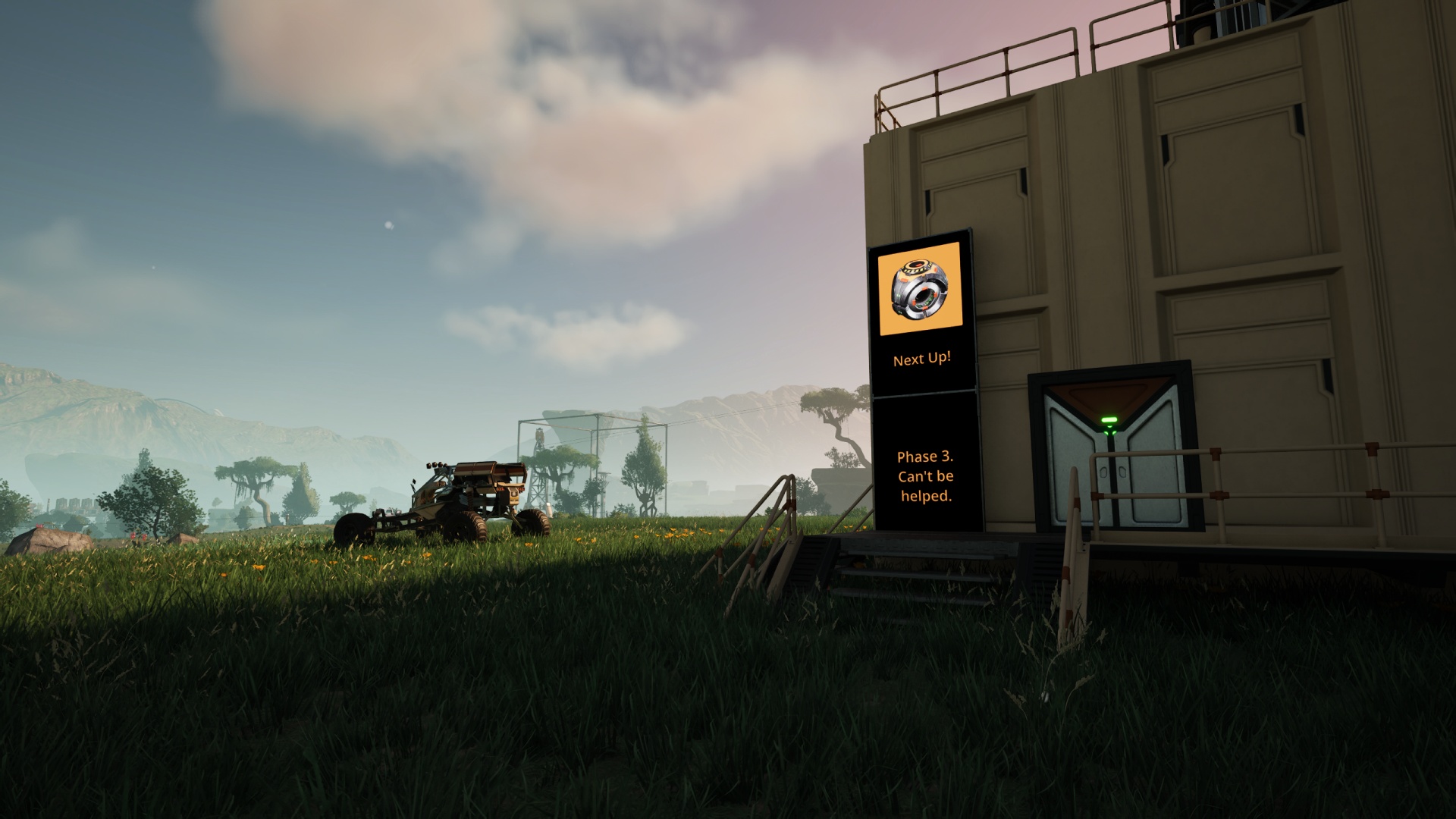Last night, out of a mix of boredom and mild curiosity, I watched They’ll Love Me When I’m Dead. It’s a weird, somewhat confusing window into a very specific portion of the life of a famous film director. And right out of the gate, a thesis statement of sorts is presented to the viewer: The title is a quote ascribed to Orson Welles… and immediately other voices claim that no, he never said that.
Huh.
My first reaction was, ha ha, of course a famous quote could be a false attribution, and I didn’t think about it much afterward. But through the course of the movie (about the making of a movie that contained a movie within a movie, because Orson Welles’ relation to “meta” was strong, y’all) other discrepancies and conflicts of memory came up. Such as, why did Rich Little really leave the production and under how dark of a cloud? Rich says it was due to other commitments, and with the way They’ll Love Me is edited (“almost chaotically” is the best phrase I can decide upon here) you immediately hear several other voices in rapid succession (almost overlapping) with their own takes on the situation… and no two entirely agree.
And it’s like that the whole way through, the memories of those who were there all jostling for mindshare, all with their own rendition of “what really happened,” and that doesn’t even get into the whole business of whether the film under discussion, the famously-unfinished The Other Side Of The Wind, was meant to be autobiographical or not, whether it was meant to ever even be completed or not, and so on.
It’s a dense tangle of narratives and perspectives, and on one hand it was fascinating to watch and on the other… kind of exhausting. I get what they were going for, it’s an art film made about an art film after all. My art-film-loving days are long behind me, so my mileage definitely varied.
In the end, They’ll Love Me When I’m Dead left me with a couple of thoughts. Firstly: You will have absolutely zero control over how you will be remembered when you’re gone. None. Don’t bother trying to get out ahead of the eventual narrative, all you can be is what you are and let history fall where it may.
Secondly: Eyewitness accounts, even those given with the best and clearest of intentions, shouldn’t be taken as facts. Heck, it’s hard to say what is trustworthy as a fact at all anymore, considering how easy it now is to fake any image or sound. Be very, very careful when deciding who or what to trust regarding “what really happened” or “what’s actually true.”
Particularly when it comes to people who make stuff up to show in a theater as entertainment for a living.
